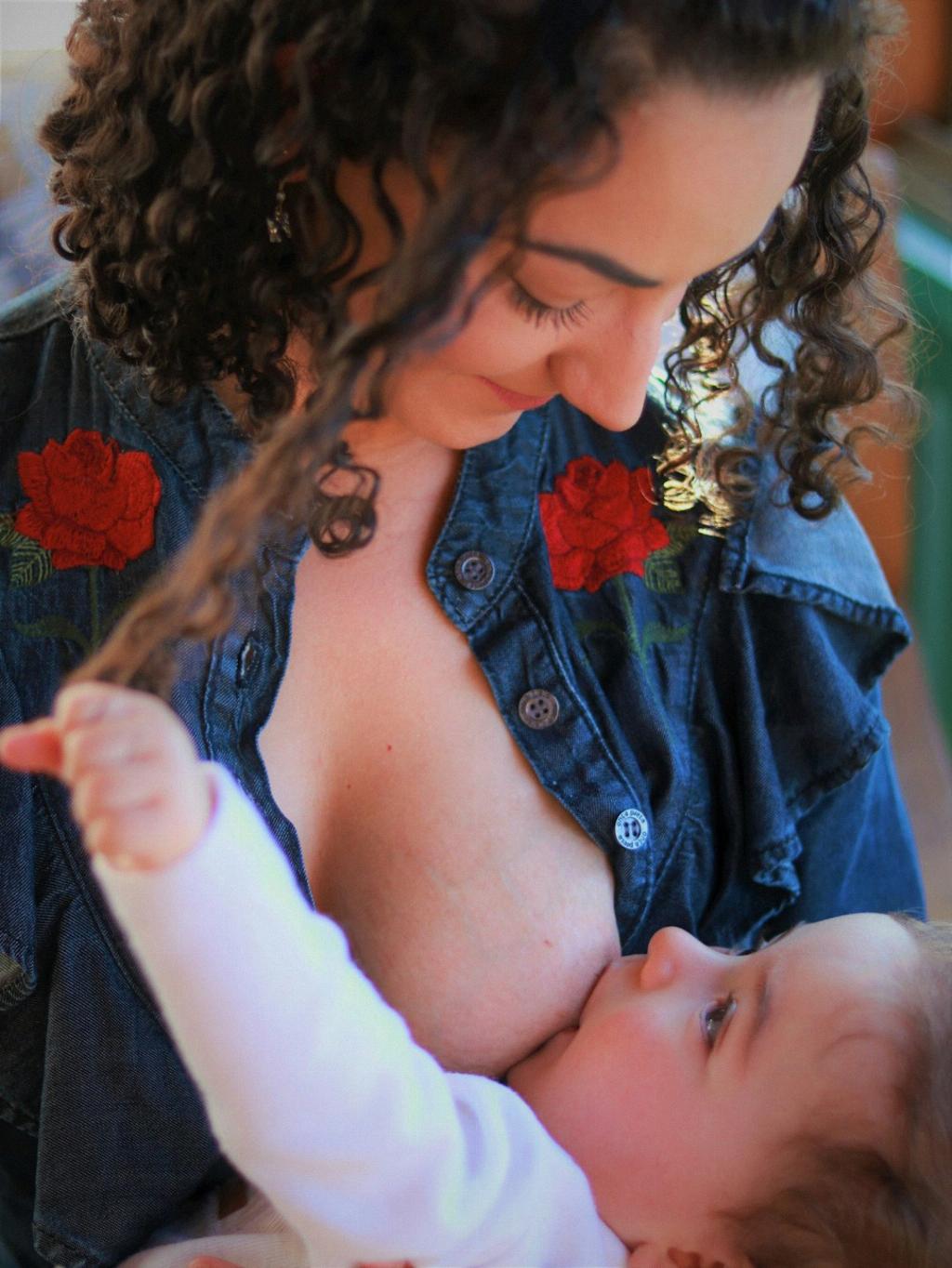It’s essential to comprehend the intricacies of postpartum menstruation – a topic often overlooked amidst the joy of childbirth. The timing of your first period after giving birth is influenced by various physiological factors, especially if you decide not to breastfeed.
Individual Variation in Menstrual Return
Each woman’s body reacts uniquely to the hormonal changes postpartum, making it difficult to predict precisely when menstruation will resume. For some individuals who opt not to breastfeed, their period may reappear relatively quickly compared to those who breastfeed exclusively.
Impact of Feeding Choices on Menstrual Cycle
Research suggests that women who choose formula feeding or a combination of breastfeeding and bottle feeding may experience a more rapid return of menstruation. As such, the timing of your first postpartum period can vary significantly based on your feeding decisions.
Factors Influencing Postpartum Menstruation
Several factors can affect the timing of your menstrual cycle’s return after childbirth. These factors include hormone levels, frequency of feeding, and whether you exclusively breastfeed, partially breastfeed, or solely use formula.
Resuming Menstruation Without Breastfeeding
If you opt not to breastfeed your baby, your period can make a comeback surprisingly soon after birth. Some individuals report experiencing menstruation as early as 5 to 6 weeks after delivery when they rely solely on formula feeding.
Understanding the Role of Prolactin Hormone
Prolactin, the hormone responsible for milk production, plays a crucial role in suppressing ovulation and delaying the return of menstruation in breastfeeding individuals. Consequently, lower prolactin levels in non-breastfeeding women can lead to an earlier resumption of the menstrual cycle.
Effect of Ovulation on Menstrual Return
For many women, the return of menstruation signifies the restoration of ovulation. If you choose not to breastfeed, your body may ovulate sooner, thereby paving the way for the resumption of your menstrual period in the weeks following childbirth.
Reestablishing Hormonal Balance Postpartum
After giving birth, your hormone levels undergo significant fluctuations as your body adapts to the changes associated with pregnancy and childbirth. The cessation of breastfeeding can trigger hormonal shifts that contribute to the return of your menstrual cycle.
Signs of Menstrual Return in Non-Breastfeeding Individuals
When your body prepares for the onset of menstruation postpartum, you may notice subtle signs such as light spotting or changes in vaginal discharge. These indicators are typically followed by the gradual reestablishment of your regular menstrual cycle.
Consulting Your Healthcare Provider
If you have concerns about the timing of your first period after giving birth or experience irregularities in your menstrual cycle, it’s advisable to consult your healthcare provider. They can offer personalized guidance and address any queries regarding postpartum menstruation.
Conclusion
In summary, the timing of your first period after childbirth can vary substantially based on whether you choose to breastfeed or not. By understanding the impact of feeding choices, hormonal fluctuations, and ovulation on postpartum menstruation, you can navigate this aspect of postnatal recovery with greater insight and awareness.

